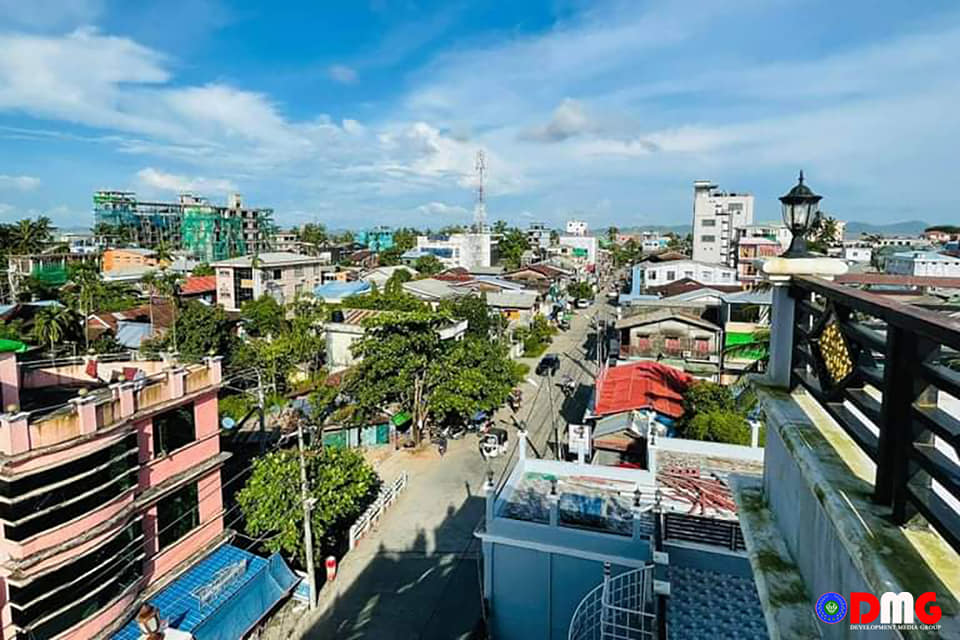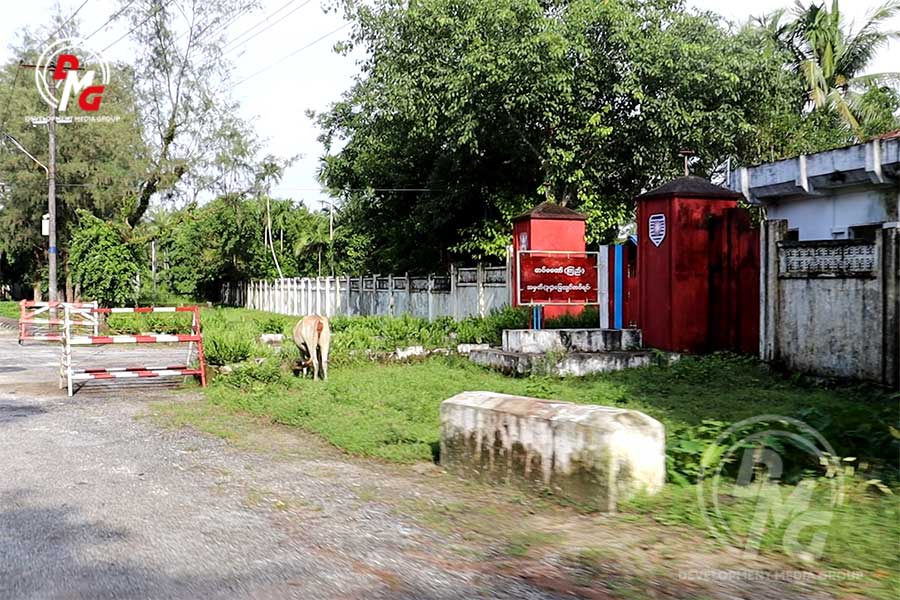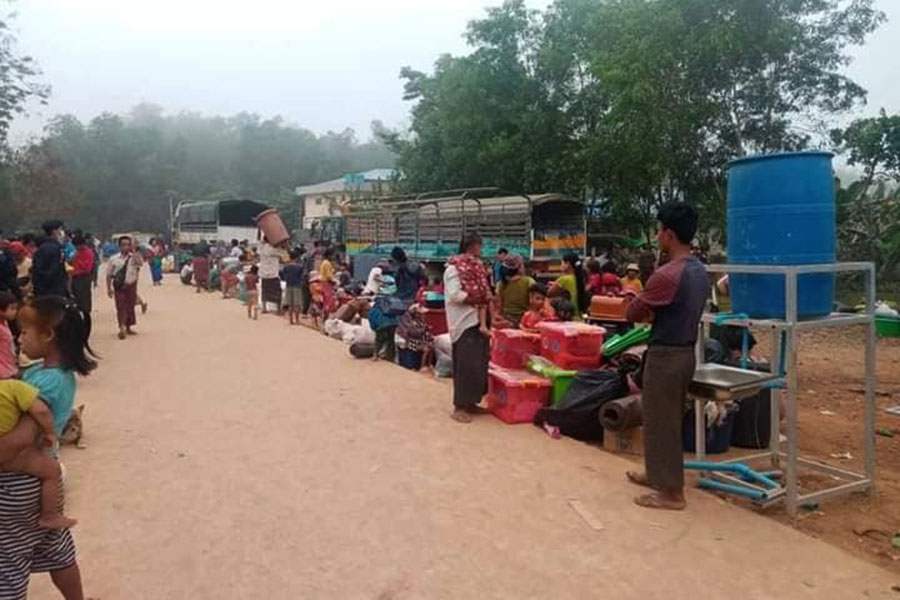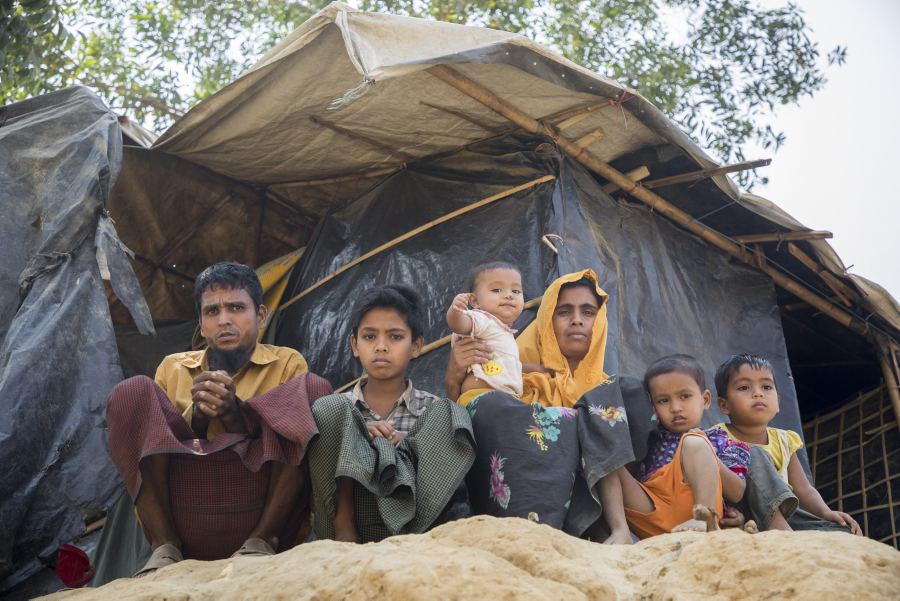- Regime shelling kills two civilians, injures another in two Arakan State townships
- Septuagenarian loses leg in landmine explosion in Kyaukphyu Twsp
- Muslim communities accuse regime of stoking racial strife
- Dozens of Muslims’ deaths blamed on diarrhoea in Sittwe Twsp
- Junta airstrikes rattle Mrauk-U Twsp village
Alongside red-hot Sittwe property market, rents rise into unaffordable territory for many
House rents have surged in Sittwe amid steadily rising property prices in the Arakan State capital, according to lessees.
09 Nov 2022

DMG Newsroom
9 November 2022, Sittwe
House rents have surged in Sittwe amid steadily rising property prices in the Arakan State capital, according to lessees.
The high rental rates are making life difficult for lessees from other townships who are working in Sittwe.
Rents were typically around K150,000 per month for an “ordinary house” before prices began to rise, said lessee Ko Zaw Chay, who went on to explain that it is nearly impossible to find those same houses for anything less than K200,000 these days.
“We could afford to pay the total sum at a rent of 150,000 kyats per month for a six-month lease. But it is difficult for us to pay K200,000 per month and a total of K1.2 million for six months. The house owner refused to accept just three months’ rent,” he said.
Many workers whose basic income is often little more than K100,000 per month cannot afford to rent a house in the current rental market and have to live in tiny hostel rooms, said a woman from Pauktaw who works in Sittwe.
“I rent a house for now. But the rent has increased,” she said. “In Arakan, an average employee does not earn more than a little over K300,000 per month. So, we can’t spend K200,000 on accommodation. And there are also utility bills. So, it is not OK.”
Landlords have similarly increased their asking prices for apartment rentals, according to lessees.
Meanwhile, property prices have increased from 20 percent to 100 percent in Sittwe, according to real estate agents.
“Because of increased gold prices and dollar prices, people have started to buy property. And property prices have increased due to higher demand. This is one of the reasons,” said Sittwe real estate agent Daw Khaing Thida Saw.
Lessees have called for the implementation of low-cost housing projects in Sittwe, Arakan State’s largest city and a frequent destination for migrant workers from smaller towns and rural villages.














